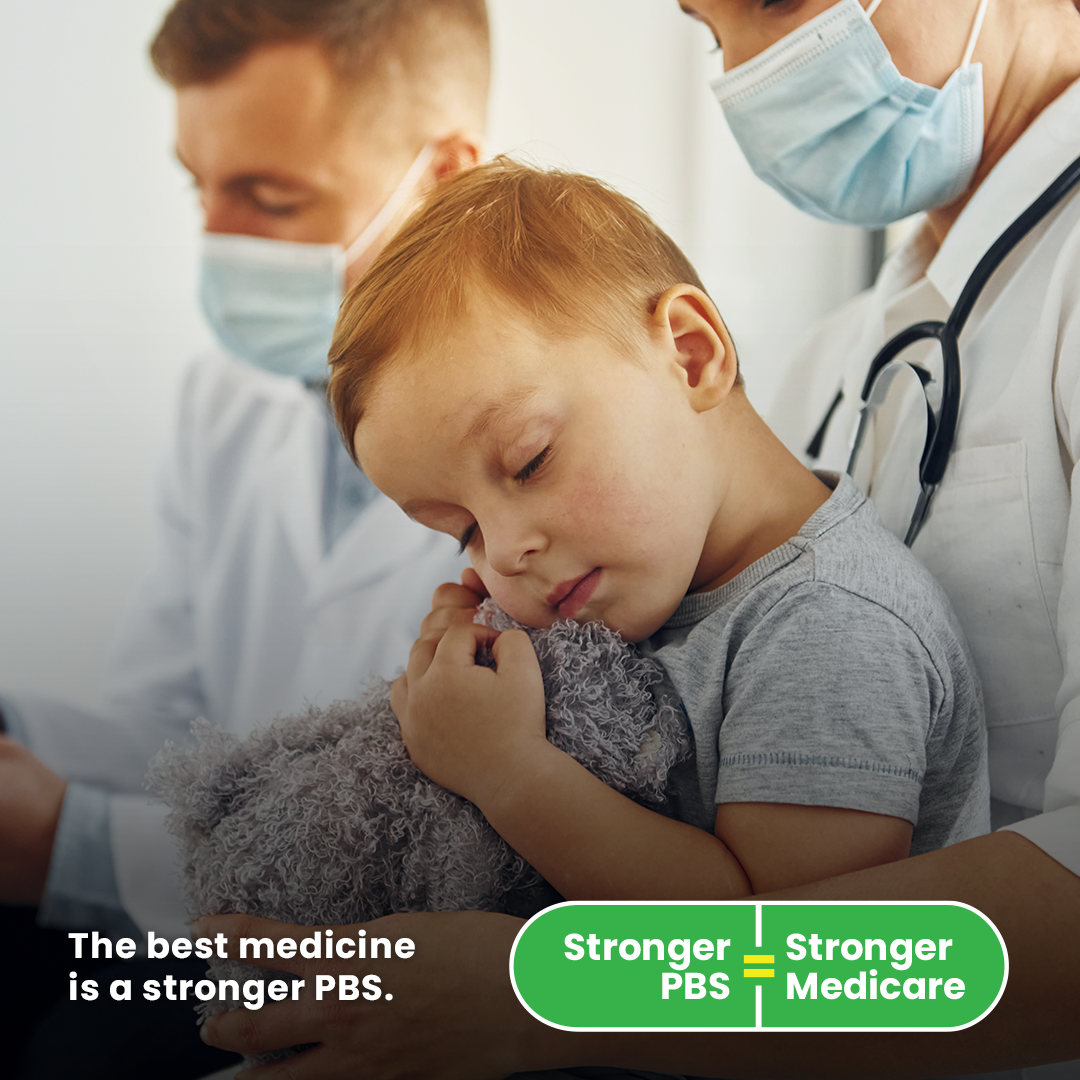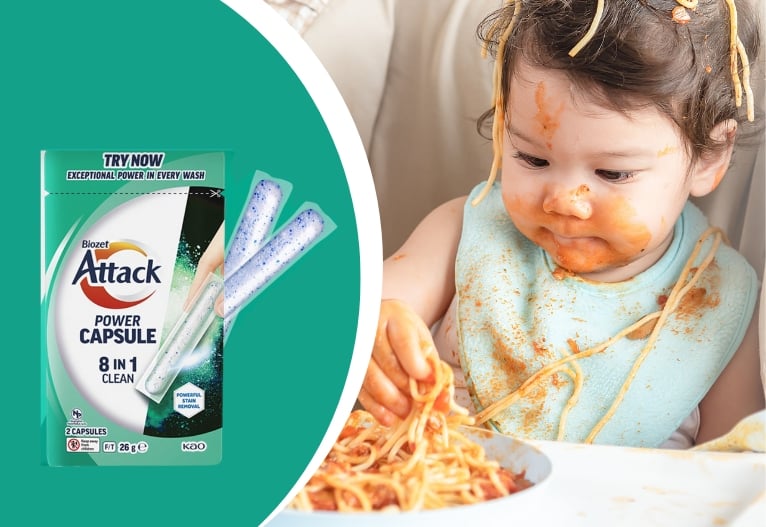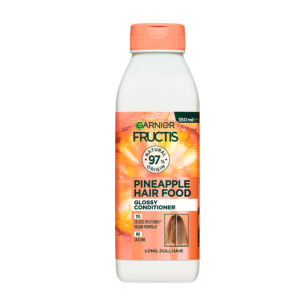Life has a funny way of throwing us a curve ball when we least expect it. Learning that a family member or friend is facing illness is a heartbreaking reminder of just how quickly our whole world can be turned upside down.
As mums, getting the news that someone close to you is unwell triggers our maternal instinct. Whether the illness is short term or a long battle, we’re eager to support them as best we can.

5 Thoughts That Go Through A Mum’s Mind When A Loved One Is Sick
We’re taking a look at the thoughts that go through every mum’s mind when a loved one is sick, and ways to get through the journey. Because wanting to help our family and friends in their time of need is a universal drive that links us as mums. And we’re fortunate that in Australia, we don’t have to face these hurdles alone, with support available from places that may not immediately come to mind, like the Phamaceutical Benefits Scheme (PBS).
Let’s walk through the flurry of thoughts, and where we can go for support and guidance.
1. ‘How bad is it?’
Without doubt, the first thought that races through our minds when we’re told a loved one is sick is the pit-of-the-stomach worrying thoughts. How serious is it? How will they cope? And these thoughts are perfectly normal – because your loved one will have had the exact same ones.
The best way to tackle this is to share information. Of course, this all depends on how much your loved one wants to share. But mums are great listeners, so take the time to really listen to your loved one about what they know and how they’re feeling.
If it’s one of your children, talking at length to your medical team is the only way to get definitive answers. When there’s doubt, there’s fear, so talking openly is really going to help.
After we’ve come to terms with our loved one being sick – our minds turn to treatment: is there medicine available? Thankfully, we live in an amazing time when new medicines are being developed constantly, and medical leaps are being made every day. However, medicines are developed all over the world, which means sometimes we have to wait for them to be approved for use in Australia. This is the responsibility of the Therapeutic Goods Administration (TGA), which assesses medicines to make sure they’re safe and effective before approving them for use in Australia.
2. ‘What happens now?’
After the initial onslaught of information about the illness, come thoughts of planning for the journey ahead. And whether it’s a short illness or one that’s going to be life-changing for the foreseeable future, it’s only natural to ask about a plan of action.
For many, it will mean needing a course of treatment involving the use of medicine. And we’re incredibly lucky that in Australia, we’re able to access more than 5,000 medications cheaper thanks to the PBS. The Australian Government subsidises the cost of medicines through the scheme so we don’t have to pay full price. Which is a huge help when you have loved ones facing treatment that could last months. The scheme has been around since 1948, with more than 800,000 scripts filled for Australians every day.
But … it can take more than a year for safe and effective medicines to be listed on the PBS, the scheme simply hasn’t kept up with changing technology. So even if there’s a medicine available for your loved one’s condition, the expense could be crippling. However, there is a push to reduce this lag time between TGA approval and PBS listing, keep reading and we’ll let you know how you can help!
3. ‘What can I do?’
As mums, our instinct is to mother anyone feeling unwell – so when our loved ones are struggling with their health, it’s only natural that we want to help.
Once we’ve come to terms with the news of the illness, turning our thoughts to real ways we can help is a great way to feel as though we’re of real use. This could be anything from just listening and being shoulder to cry on, to cooking meals, driving your loved one to appointments or to pick up medication.
4. ‘How will this impact financially?’
With the cost of living crisis weighing heavily on every family, the diagnosis of an illness goes hand in hand with worrying about financial support. If your loved one is unable to work for a period of time, it’s a scary prospect.
Again, being transparent and asking your loved one what help they need is a great place to start. While they may be too proud to initiate the conversation, if you open up the lines of communication in a supportive way, you’ll both feel better for not ignoring the situation.
It’s also great to remind your loved one that the Pharmaceutical Benefits Scheme is also part of their support team, by helping make medications cheaper. If your loved one (or you) aren’t sure about the PBS eligibility of their medications, their doctor or pharmacist can help steer them through.
5. ‘We got this!’
After the whirlwind of facts, figures and tough discussions, comes the realisation you and your loved one will navigate the road ahead together. Your support and positivity will play a huge role in their journey.
Being diagnosed with an illness and being sick can often feel incredibly isolating, so just being there will help ease the thoughts of being alone.
In the same way, the PBS provides a tangible way for Australians to have help along their journey to getting well, in particular easing the financial burden with more affordable subsidised prescription medicines.
That’s why it’s so important that when new medicines are available, they make their way onto the PBS faster, to start helping our loved ones as soon as they need it.
Help create a stronger PBS now!
The faster a medicine is available through the PBS, the faster it can start helping our loved ones, without being a huge financial burden.
There are innovative medicines being developed all the time, which is incredible – but even after they’re deemed safe and effective, we still have to wait for them to be listed on the PBS – sometimes up to a year.
The Therapeutic Goods Administration (TGA) is responsible for assessing what a medicine says it will treat, and that it’s supported by scientific evidence. So once a medicine is approved by the TGA, it’s safe for us to use. But it may still be incredibly expensive, unless it’s listed on the PBS – which as we now know, can take months.

While the PBS has given Aussies access to medicines for more than 75 years, the system to subsidise these medicines hasn’t been comprehensively reviewed in 30 years.
There’s now a push for reform, so that our loved ones can access new medicines and innovative treatments for diseases like cancer, heart disease and diabetes, faster. Not only will it help ease the financial burden, but it means Australians could have better health outcomes.
Australia’s Health Technology Assessment (HTA) policies, methods and processes are under review, and you can help create a strong PBS by signing up to show your support.
Mouths of Mums is proudly working with Pfizer to bring you this article.
We may get commissions for purchases made using links in this post. Learn more.























Post a comment
Comments on this page have now been disabled.